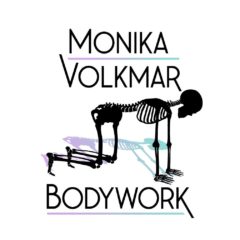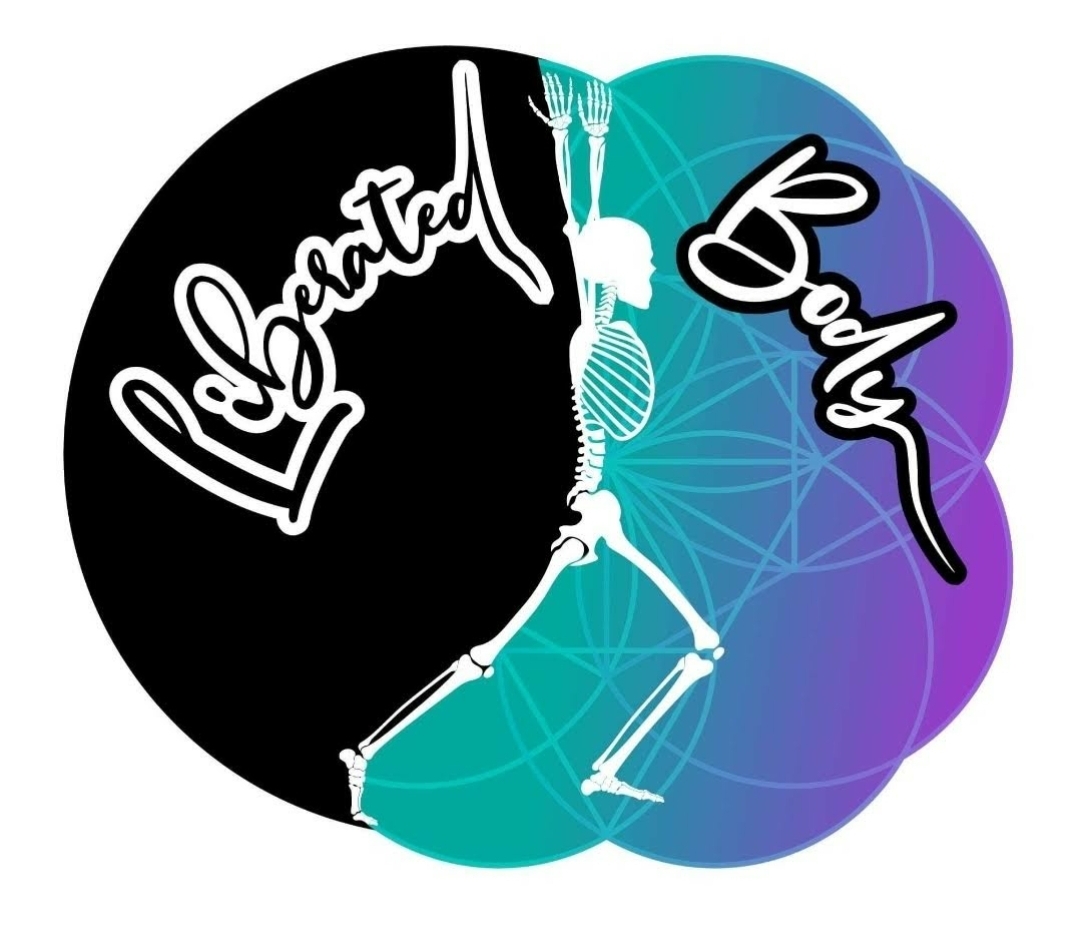Why is it important to “do the work”? The important physical work, the work on our thoughts and minds.
We do the work to get out of the woods (physical pain, suffering due to our thoughts and emotions).
We do the work reaching out in the dark, not yet knowing which direction we’re heading, but driven by the hope that one day we will see the light at the border where the trees meet the clearing.
We do the work because we learn to enjoy the feeling of it- even enjoy the challenge of it, and the feeling afterwards; like settling into a comfortable arm-chair in front of a fire, beer in hand, after a long day’s work.
And we do the work because we are building a buffer that will serve us in case of a Black Swan- a disastrous event we can’t possible predict, but need to insulate ourselves against. A preventative measure.
In the case of a Black Swan (written extensively about by economist Nassim Nicholas Taleb in the book by the same name, a Black Swan is a rare, random, cataclysmic event that seems to happen without warning), we are forced to surrender to a power greater than our own desire for time that is ours to with what we wish. Time-selfish time, free of scheduled obligation. We cannot predict when we will be asked, sometimes forced, to sacrifice this precious, unscheduled time, time that we would rather be using for ourselves, to serve another’s needs.
This is of course an illusion. Time cannot be ours or theirs, time simply is.
But it is in these times of sacrifice that we had better hope we’ve done the work and built a sufficient buffer to weather it out.
If a family member dies. If a loved one gets hurt and needs us for support.
“Is my buffer big enough for both of us?”
There is a purpose for time-selfishness, and it is to build the buffer that allows us to be there for others when their worlds come crashing down, and our daily motions shift not to serve our own physical, emotional, spiritual needs, but theirs, as well.
This is one of the highest reasons why we do the work. We think we’re doing it for ourselves, and we are, but we are doing it for ourselves so that we can, selfishly, keep our sanity while we are asked, without predictability, to drop our routine life as we know it and cope with what’s been thrown at us.
Call it tolerance. I call it having a buffer. And I want a buffer that will last me for days, weeks, months, without tending to it, so I can survive on the minimum effective dose of self-care.
Like a spider plant that seems to thrive when you neglect it for just the right amount of time.
The buffer gets larger and, as it does, the size of the minimum effective dose (MED) gets smaller. And counter intuitively, the more time we spend doing the work on ourselves, the more time we have later to spend simply being, without worrying about the MED, or the buffer. And ironically, this time spent being, not worrying, not working intentionally on ourselves, becomes the self-care in itself. Just having the space and time to be.
To sit. To lie down. To go for a walk (what other options exist?).
But that doesn’t mean we stop building our buffer, because it’s become such a way of life now. We make time for it. We enjoy the challenge of it. Enjoy the peace of it. The honesty of it.
We keep chopping wood, and one day, as it out of nowhere, we realize we have chopped enough. The wood pile is stacked high enough, so we can continue chopping without needing to chop, for we know there are others that have not yet started- are still staring, with uncertainty, at the axe.
We chop wood for them with the peace of knowing we have enough for ourselves.

